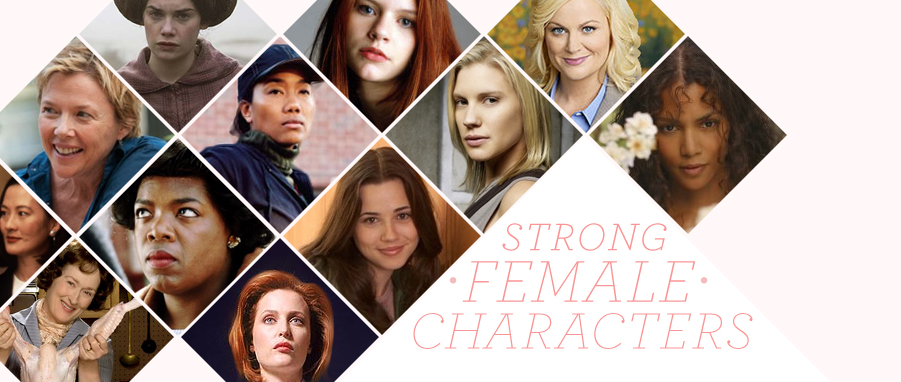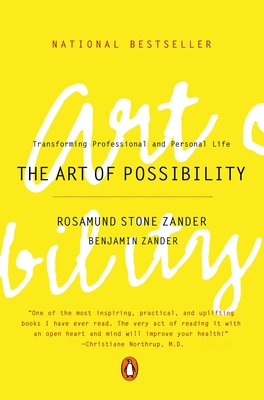 I watched an episode of “Futurama” recently (this isn’t an uncommon occurrence), and in it the whole staff of the Planet Express is stranded on a barren island that has begun to go through robo-evolution, starting with prehistoric robot sludge and yielding robot dinosaurs and then robot cavemen in a matter of hours. Fry, Leela, Amy, Hermes, the Professor, and robot Bender are reduced to wearing tattered clothing and sleeping in a cave. Leela and Amy, in particular, come out looking a little Raquel Welch in One Million Years B.C., practically busting out of their rags—yet when they’re kidnapped by a couple robo-cavemen, like modern, empowered women, they take care of it themselves while the (generally weaker) male characters equivocate about going to save them.
I watched an episode of “Futurama” recently (this isn’t an uncommon occurrence), and in it the whole staff of the Planet Express is stranded on a barren island that has begun to go through robo-evolution, starting with prehistoric robot sludge and yielding robot dinosaurs and then robot cavemen in a matter of hours. Fry, Leela, Amy, Hermes, the Professor, and robot Bender are reduced to wearing tattered clothing and sleeping in a cave. Leela and Amy, in particular, come out looking a little Raquel Welch in One Million Years B.C., practically busting out of their rags—yet when they’re kidnapped by a couple robo-cavemen, like modern, empowered women, they take care of it themselves while the (generally weaker) male characters equivocate about going to save them.
This was kind of “Futurama” in a nutshell for me. Leela’s bodacious bod and the extent to which it is occasionally revealed is a small reminder that this is a male-created series with a largely male audience. Yet on the whole, I find Leela to be a really positive, self-sufficient female character, particularly in what can be a male-centric genre. For comparison, let’s look at “Family Guy.”
Seth MacFarlane’s pop reference-laden, kinda fratty animated series has a lot in common with “Futurama.” Their demographic target audience is roughly the same (“Futurama” is a little nerdier). They’ve both been on since the late ‘90s, with a hiatus in the middle (“Family Guy” went off the air between 2001 and 2005; “Futurama”’s was longer, between 2003 and 2010). They’re both, essentially, cartoons for adults.
I find that “Family Guy” has moments of real brilliance, particularly in its early episodes. I love the observational humor on human behavior, and some of the culture references are hilarious. It can be really, really smart. But it can also be really, really stupid—and worse, it casually drifts into racist, misogynist territory pretty regularly---see worst repeat offending character Glenn Quagmire. In that, the show's humor is a clear reflection of the personality of its creator, Seth MacFarlane—see the controversies raised by his Oscar-hosting turn earlier this year for evidence. He lives to provoke, even though his non-provoking material could stand perfectly well on its own-- see his awesome turn hosting “Saturday Night Live” last fall, for evidence of his talent.
The main female character on “Family Guy,” Lois, isn’t a bad representation of womanhood per se. She’s pretty tough, fairly well drawn character-wise, and often the voice of reason. But, besides for the fact that she’s surrounded by often offensive material, she also ultimately falls short compared to “Futurama”’s Leela.
Why is Leela awesome? Well, for starters, she’s a statuesque purple-haired one-eyed mutant in a tanktop and combat boots. She can kick the ass of any other character on the show. She’s the object of affection for the dim-witted protagonist, Fry; she only occasionally returns these affections, you know, when she feels like it. But there’s something really sweet and authentic in their relationship, and in Fry’s devotion to her. It’s not just lust, nor is it perfunctory or idealized. Throughout the series, Fry is really, believably in love with Leela.
In fact, the nature of Fry and Leela’s relationship is a microcosm for the overall tone of the show. While “Futurama” definitely deals in gross-out humor and sophomoric jokes, the core attitude is never mean-spirited and almost never offensive (I only say “almost” because while nothing comes to mind, nothing is never offensive, right?). The characters, no matter how colorful, have a genuineness—their hopes, their actions, their relationships.
Also, there has been more than one “Futurama” episode that’s been an actual, real tearjerker. One of these is an episode in which the foster home-raised Leela discovers that her birth parents are below-ground-dwelling mutants who gave her up for adoption in the hopes of giving her a better life, and with whom she is reunited after years of separation. The episode ends with a montage of young Leela growing up, going through various life situations, and in all of them, unbeknownst to her, her mother and father are watching over her, looking out for her, and occasionally plucking her from imminent danger. It’s pretty much as heartwarming as TV gets.
So not only is Leela kick-ass in the vein of Buffy, Starbuck, and the Bride, she also belongs to a cartoon universe that treats its characters with sweetness and respect—as much as is possible with animated screwup robots, lobster people, mutants, and cryogenically frozen humans. All of this is pretty sorely lacking in its male-centric, purposely-offensive “Family Guy” counterparts (see also: South Park, American Dad, Daniel Tosh’s horrible Brickleberry). In my books—both the feminist one and the general one-- “Futurama” wins every time.
Addendum: A quick Google image search to find a good Leela picture for this post has yielded a further discovery: that no matter how awesome and feminist a character Leela is, the reception of her by the largely male audience can still be as creepy and fetishizing as anything. It was actually really hard to find a non-sexual image. Sigh. I guess it still beats Family Guy rape jokes.





 From time to time, Fréd sends stories that he’s written in French for me to translate into English. In his third year of university, he’s working to become a French literature professor, and the course of study requires a few classes in translation. Though his spoken English isn’t bad, Fréd doesn’t see the point in not taking advantage of a bilingual friend. And I'm all to eager to work on my translation skills.
I’m working on one of Fréd's stories when I hear the soft pop of a Facebook chat. It’s the author himself. After clearing up the meaning of one of the more idiomatic phrases on page seven, Fréd asks me what my plans are for next year. You’re done with school soon, right?
From time to time, Fréd sends stories that he’s written in French for me to translate into English. In his third year of university, he’s working to become a French literature professor, and the course of study requires a few classes in translation. Though his spoken English isn’t bad, Fréd doesn’t see the point in not taking advantage of a bilingual friend. And I'm all to eager to work on my translation skills.
I’m working on one of Fréd's stories when I hear the soft pop of a Facebook chat. It’s the author himself. After clearing up the meaning of one of the more idiomatic phrases on page seven, Fréd asks me what my plans are for next year. You’re done with school soon, right?


 A few story collections I'm currently enamored with:
A few story collections I'm currently enamored with: 




 What’s left when someone disappears? Only memories? What can the relatives hang on to? A sweater, a favorite book with scribbled notes, a shopping list on the refrigerator, a comb, a pair of shoes. Familiar and insignificant objects that suddenly become special when who used them every day is no longer with us.
What’s left when someone disappears? Only memories? What can the relatives hang on to? A sweater, a favorite book with scribbled notes, a shopping list on the refrigerator, a comb, a pair of shoes. Familiar and insignificant objects that suddenly become special when who used them every day is no longer with us.


 For the most part we experience the world as consistent. Even change follows a certain kind of pattern. Difference comes, and then it repeats itself: tempering in a cycle of time.
For the most part we experience the world as consistent. Even change follows a certain kind of pattern. Difference comes, and then it repeats itself: tempering in a cycle of time.






















